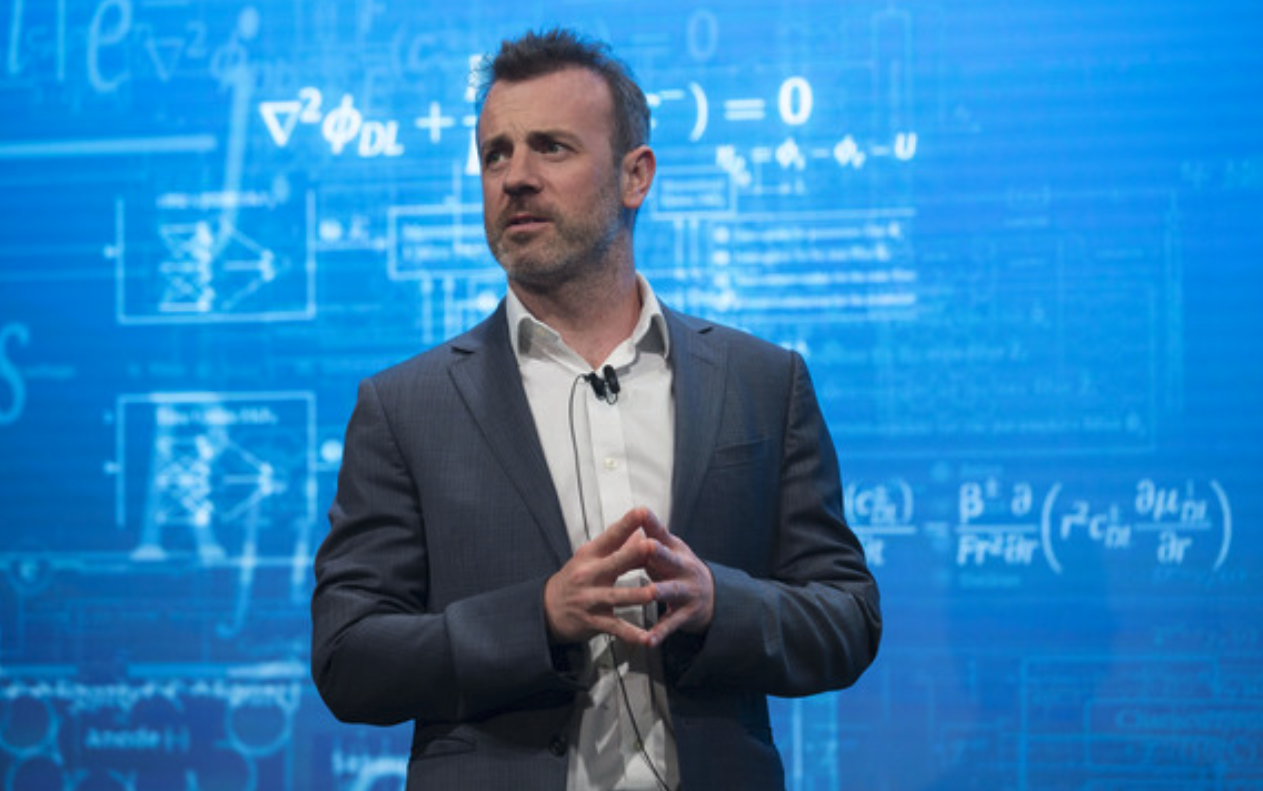Energy Impact Partners, a US-headquartered VC firm focused on climate tech, has launched in Europe with a €390m fund.
The new fund, which is backed by a large number of corporate energy suppliers, will back companies working on tech that can advance net zero, and says its American roots will mean it can help European companies move into the US market.
What’s the new fund looking for?
EIP’s European fund will back later-stage startups focused on the energy transition or advancing the net zero carbon economy.
“The fund will seek minority and majority positions in highly scalable venture and growth stage companies across Europe," Matthias Dill, managing partner at EIP Europe, told Sifted. "Deals will typically range between €10m and €35m, increasing to up to €75m plus with co-investment."
EIP has already used its global fund to back several European companies, including German solar power supplier Zolar; British EV charging company EV.energy; and Germany’s Grover, a subscription service for consumer electronics.
The fund is particularly interested in solutions which help to electrify the energy system as well as the electrification of polluting industries, such as construction, Dill told Sifted.
"We also see the consumer taking a big role in driving the energy transition, so we are investing in companies which facilitate this, such as Grover," he adds.
Dill says EIP can help the startups it backs in Europe to gain access to larger markets which will allow them to scale up.
"While European companies are more capital efficient and provide more attractive valuations, they are often hampered by a lack of access to larger, more scalable markets," says Dill. "This is why EIP is proud to offer European companies a bridge to access the all-important US market.”
What is EIP?
Energy Impact Partners (EIP) started in the US in 2016 with the aim of backing companies that can help accelerate the transition to net zero. EIP has 60 staff working around the world; the majority are in the US but some are based in London and Cologne.
At the end of last year, EIP announced a new $1bn fund focused on real estate, mobility, energy and industrial sector solutions that can reduce greenhouse gas emissions. That fund will invest globally, while the newly announced €390m fund will double down on later-stage deals in Europe alone.
EIP has over 90 companies in its portfolio already. They include Arcadia, a US startup with a $1.5bn valuation, which connects businesses to clean energy suppliers, and Enchanted Rock, another US company, which runs a platform to help decarbonise the energy grid.
Who are the LPs?
The fund counts a notable number of institutional investors among its LPs, the majority of which are energy suppliers and infrastructure companies. They include:
- The Abu Dhabi Investment Authority
- AGL Energy, an Australian energy company
- Chubu, a Japanese energy supplier
- DNV, a maritime, renewable energy and industry advisory firm based in Norway
- France’s Électricité de France, through its corporate venture capital arm EDF Pulse Ventures
- EWE, a German energy and telecoms company
- Finland’s state-owned energy company Fortum
- Galp, a Portuguese energy company
- Mainova, a regional German energy supplier
- Microsoft’s Climate Innovation Fund
- Nysnø Climate Investments, a subsidiary of the Norwegian government
- Shell, the oil and gas multinational
- TrønderEnergi, which operates hydropower plants in Norway.
Sifted’s take
There’s a lot of talk about a perceived funding gap in European climate tech for later-stage companies. EIP’s new fund, focused on Series B and later, shows investors are moving in to fill that gap. EQT Growth also announced a €2.4bn growth-stage fund this week, a portion of which will be invested in climate tech.
EIP’s focus on helping European startups head to the US is also interesting. America’s gigantic $369bn climate bill, announced last month, offers strong incentives for climate tech companies to head stateside — and European founders are seeing increasing opportunity in making the move.
The roster of oil and gas companies serving as LPs in the fund could also spark some interesting conversations for startups — there’s a lot of debate around whether climate founders should accept cash from the industry or not.



